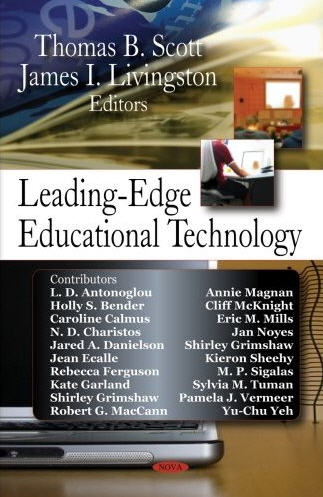There’s a difference between ‘method’ and ‘methodology’ – and it isn’t easy to grasp.
Partly that’s because the methodology chapter of a thesis contains your method and. when you’re grappling with the chapter, it’s difficult to see what you can add to that. You know how you’re going to collect your data. You probably even know how you’re planning to analyse your data. So how do you phrase that in the theorised way that your supervisor is asking for? At first sight, it does look as if your supervisor is trying to make a simple matter needlessly complex.
So let’s take a simple example. Imagine you meet a woman who owns a grocery shop, and she says she’ll pay you to find out how much fruit he has in her shop. At first sight, this too looks simple. You’re going to count the fruit. And, for the benefit of your supervisor (you are a doctoral student, after all), you note that this will be a quantitative approach.
You take in your notebook and pen, and you carry out a count and tally up your results. Because you’re a doctoral student with a little time on your hands you count them twice. You bring in your friend, and she counts them as well. A really reliable result. You go and tell the shopkeeper that she has 100 apples, 79 oranges, and 82 bananas. She tells you that isn’t the answer you wanted.
You’re a doctoral student, so you go and sit down and have a coffee and complain to a friend. And the friend, who happens to have been watching QI on television recently, says she thinks a banana isn’t rechnically a fruit. And maybe an apple is a fruit and maybe it’s a vegetable. Oh, and did you take pumpkins and cucumbers into account? So you grumpily stomp back to the shop and go through every type of produce with the shopkeeper and ask whether she defines it as a fruit. Then you count all the items defined as fruit. This time, the answer is 785. Or, annoyingly, 784 when you count a second time. The shopkeeper rejects both answers.
Time for another coffee, and another chat to your friend. How can you be expected to now what the shopkeeper wants? Well – your friend points out – you could ask why the shopkeeper wants this information and in what form she wants it. And it turns out the government is taxing fruit (which is defined in a particular governmental way) by the kilo. So you adopt a new system of classification and a new measure, and you tell the shopkeeper the answer is 350kg. She’s happy, and she pays you – which will keep you in coffee for a while.
Too give a meaningful answer you had to define your terms, and take the context and environment into account, and produce an answer that would be useful to the end user. Those are some of the things that you need to do in a methodology chapter.
